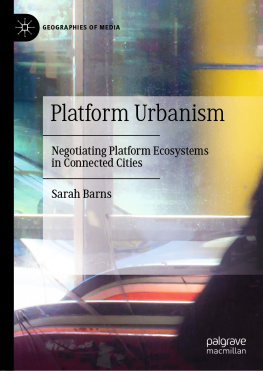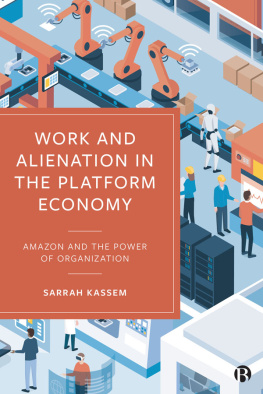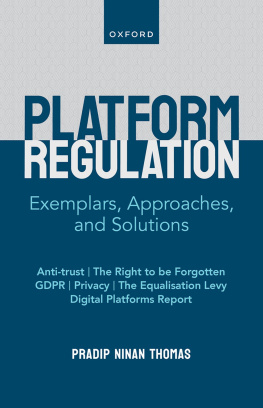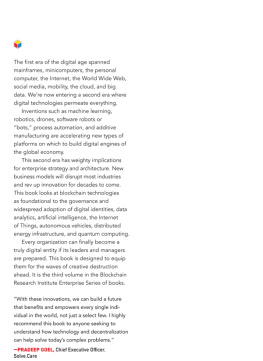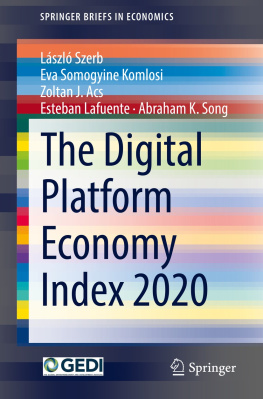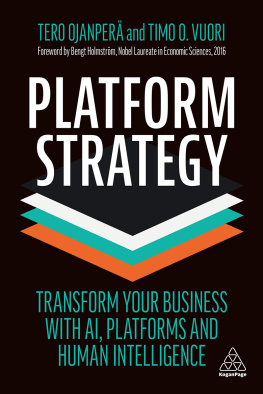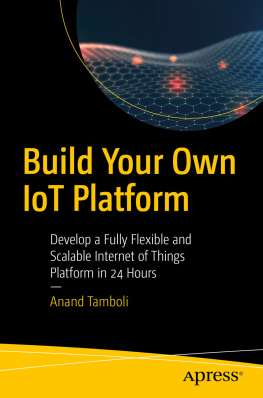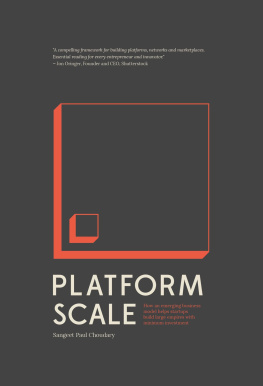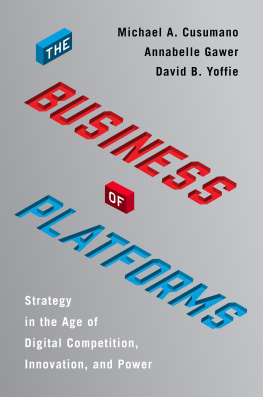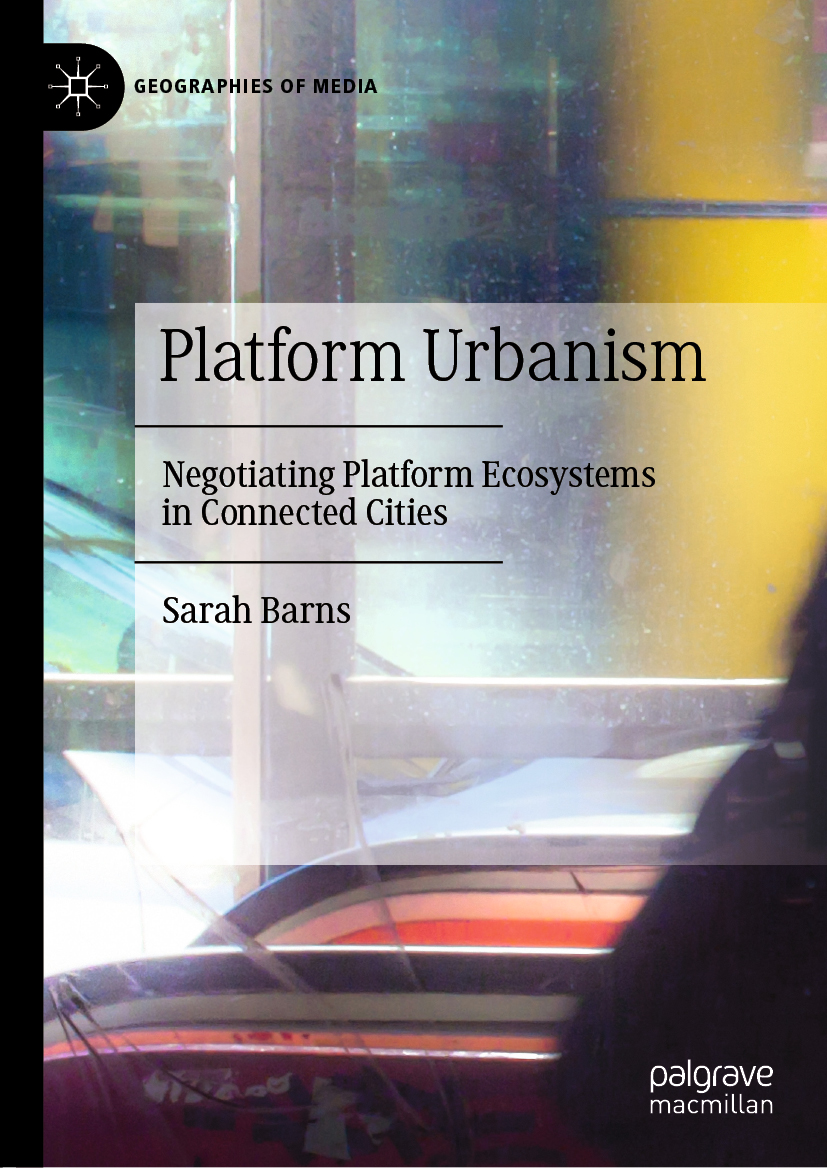Please Mind the Gap Between the Brain and the Platform
Before we board the train leading us into Sarah Barns investigation into platform urbanism, let us linger in our train stations book store for a second. If we pick up Boos Inhabiting Cyberspace and Emerging Cyberplaces, the first volume of ourGeographies of Mediaseries, from the shelves, we recall reading about how communities reinvented themselves digitally at the end of the 1990s. The related preface stated, that digital spaces can also be used to carry existing sociocultural offline boundaries into a Twenty first century society (2017, vi).
Some twenty years later the offline-online divide seems to have vanished in many aspects. In highly digitalised urban environments it is nigh on impossible to detect where one ends and the other starts. Smartphone users have already become cyborgs, using the iPhone or similar devices as technological extensions to the human brain. If it were up to companies like Elon Musks Neuralink, our bodies would soon obtain an internal interface to render many of todays manual inputs redundant. In the words of Haraway (1991), our cyborg world is about the final imposition of a grid of control on the planet (154).
Almost twenty years into the twenty-first century, communication methods are generally different. [T]raditional one to many modes of media communication [have been replaced by] many to many forms of content sharing, as Sarah Barns elucidates. This is certainly true for contemporary podcasting productions, that have evolved from station-based radio, and that are characterised by social interaction and ubiquitous availability. Putting volume one of the series back on the shelf and turning towards our second volume, PetersSound, Space and Society, we learn about the impact of such one to many media in the form of pirate radio stations. In predigital era fashion, Peters revealed how content was transported via soundwaves, that, as a natural phenomenon, elude the grasp of geopolitical conformities (2018, viii). The downside of white noise and bad reception came with a freedom of transmission todays YouTube channels and internet radio can only dream of.
In Sarah BarnsPlatform Urbanism, we depart from the future of urbanism and urbanisation, and explore the complex entanglements of consumer, government, society, big business and various relationalities. In her Introduction, Barns proposes a provocation in relation to the ubiquitous human practice of being inextricably linked to their rectangular devices: Is a mass display of smartphone-addled attention in fact an emergent kind of urban observation, blending platform, context, algorithmically-finessed demographic? The co-constitutive becomings of various elements that produce an urban experience aided by digital platforms create micro-cosmologies from engendering a city of bits and Uberisation of everything to urban apptivism and various configurations of crowd-based capitalism.
If scientific research gets picked up not only by the media but finally political discourse, it gets transformed into a meme that is hard to overlook. Political campaigns in Europe and the 2020 US-presidential election have not only discovered climate change as one of those memes. The alleged need for digitalisation and 5G-networks, social media companies not paying taxes and threats of automation all point to an entanglement of digital and physical spaces as never seen before. As Barns states: Quaint distinctions between the built and the digital are collapsing, just as software makers are literally becoming city builders.
This last remark points to many of this books case studies on how digital platforms like Facebook, Uber and Airbnb impact urban life and its social and physical structures. This is not only because of how people organise themselves and how they construct their own imagined geographies, but also because of the constant discursive struggles over [the urban terrains] representation, as Chapterasserts. The impact of corporations to shape the city to its needs using smart technology, is contrasted by the bottom-up potential of smart handheld devices, potentially enabling novel governance structures and a new maturity of urban dwellers.

